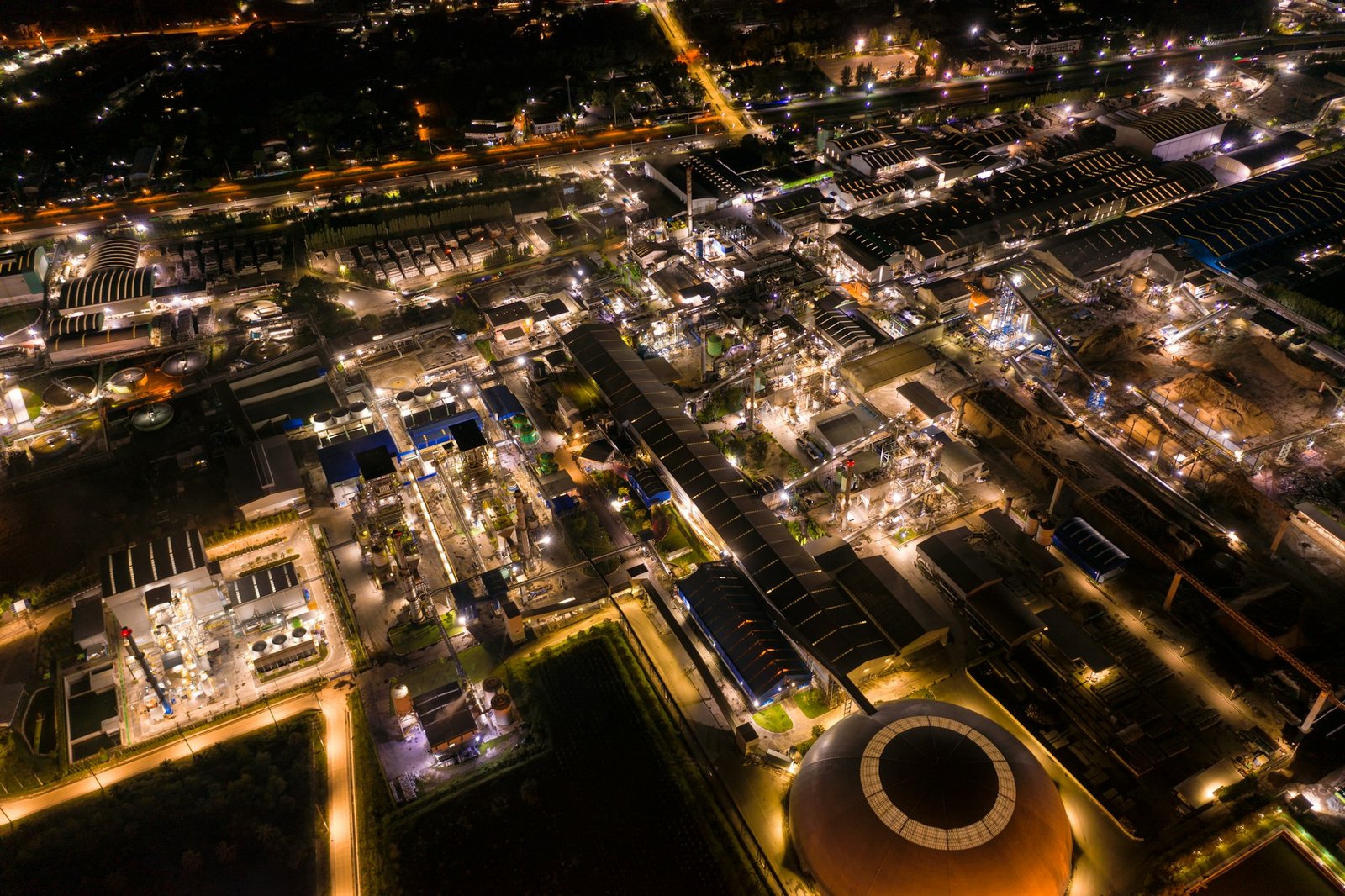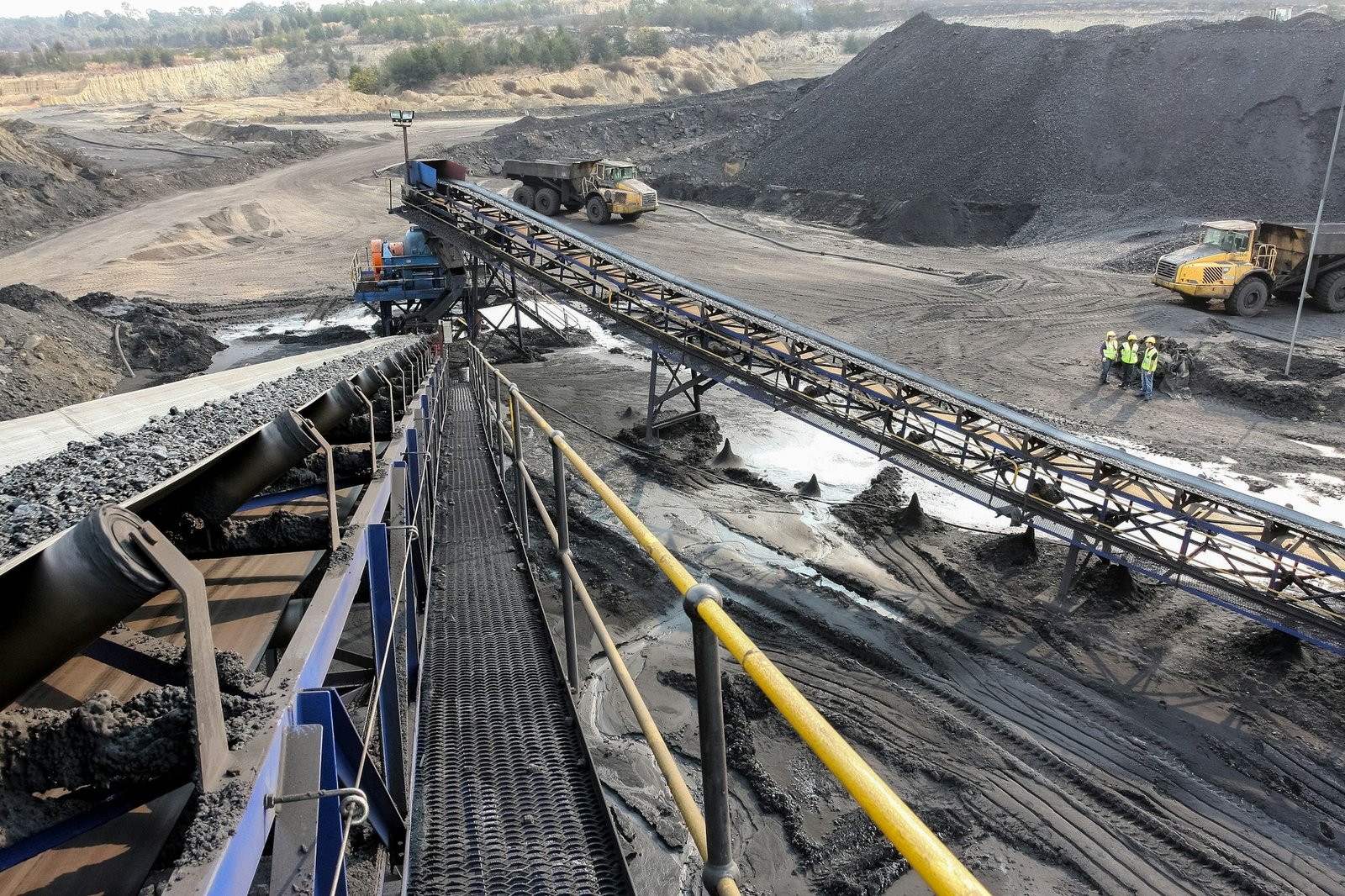Introduction
In the dynamic landscape of modern agriculture, the convergence of agrochemicals and precision agriculture has revolutionized farming practices. By harnessing cutting-edge technologies and data-driven approaches, farmers can optimize the use of agrochemical inputs while maximizing resource efficiency and minimizing environmental impact. This article delves into the symbiotic relationship between agrochemicals and precision agriculture, highlighting the benefits, challenges, and implications for sustainable farming.
The Marriage of Agrochemicals and Precision Agriculture
Enhancing Targeted Applications
Precision agriculture leverages advanced technologies such as global positioning systems (GPS), remote sensing, and geographic information systems (GIS) to precisely target agrochemical applications. By mapping variability within fields and optimizing application rates based on real-time data, farmers can minimize input wastage and ensure optimal coverage, leading to improved efficacy and cost-effectiveness.
Improving Input Use Efficiency
Agrochemicals, including pesticides and fertilizers, are essential for maintaining crop health and productivity. However, their indiscriminate use can lead to environmental pollution and resource depletion. Precision agriculture enables farmers to tailor agrochemical applications to specific crop requirements and field conditions, thereby reducing overapplication and minimizing negative environmental impacts.
Challenges and Considerations
Technology Adoption and Accessibility
While precision agriculture offers promising solutions for optimizing resource efficiency, barriers to technology adoption and accessibility remain significant challenges, particularly for smallholder farmers in developing countries. Limited access to infrastructure, high upfront costs, and lack of technical expertise may hinder widespread adoption of precision agriculture practices.
Data Management and Integration
The successful implementation of precision agriculture relies on effective data management and integration across various platforms and systems. Farmers must navigate complexities related to data collection, analysis, and interpretation, as well as interoperability issues between different technologies and software solutions.
Future Outlook and Implications
Sustainability and Environmental Stewardship
The integration of agrochemicals and precision agriculture holds immense potential for promoting sustainability and environmental stewardship in agriculture. By optimizing resource use, minimizing input wastage, and reducing environmental impact, farmers can achieve greater efficiency and resilience in their operations while safeguarding natural resources for future generations.
Economic Viability and Profitability
Moreover, precision agriculture offers opportunities for enhancing economic viability and profitability in farming enterprises. By improving input use efficiency, reducing production costs, and maximizing yields, farmers can achieve higher returns on investment and enhance overall farm profitability.
FAQs: Agrochemicals and Precision Agriculture
Q1: What is precision agriculture, and how does it relate to agrochemicals?
A1: Precision agriculture utilizes advanced technologies to optimize resource management and decision-making in farming operations. It enables precise and targeted application of agrochemicals, such as pesticides and fertilizers, based on real-time data and field variability.
Q2: How does precision agriculture contribute to resource efficiency?
A2: Precision agriculture allows farmers to optimize the use of agrochemical inputs by tailoring applications to specific crop needs and field conditions. This minimizes input wastage, improves efficacy, and reduces environmental impact, thereby enhancing resource efficiency.
Q3: What are some challenges associated with adopting precision agriculture practices?
A3: Challenges include limited access to technology and infrastructure, high upfront costs, lack of technical expertise, data management complexities, and interoperability issues between different systems and platforms.
Q4: How can precision agriculture benefit sustainability and environmental stewardship?
A4: Precision agriculture promotes sustainability by minimizing input wastage, reducing environmental pollution, conserving natural resources, and enhancing ecosystem health and resilience.
Q5: What role does precision agriculture play in improving farm profitability?
A5: By optimizing resource use, maximizing yields, and reducing production costs, precision agriculture enhances economic viability and profitability for farmers, leading to higher returns on investment and improved farm sustainability.





